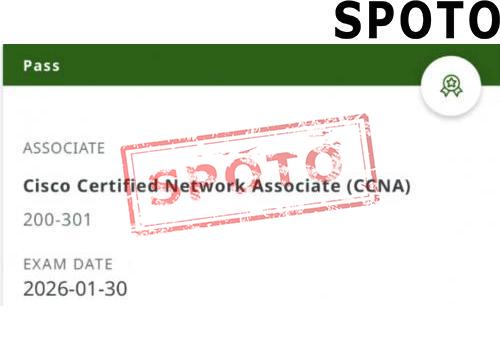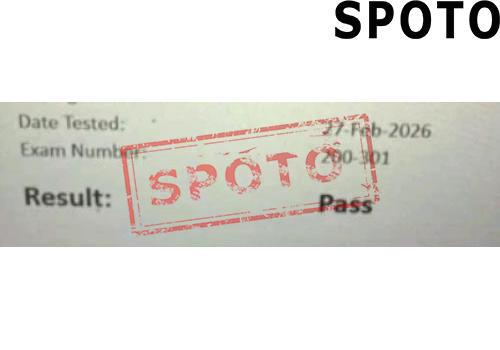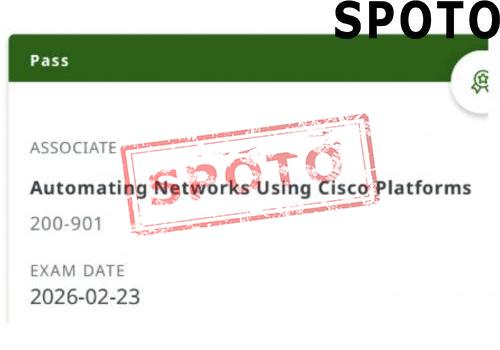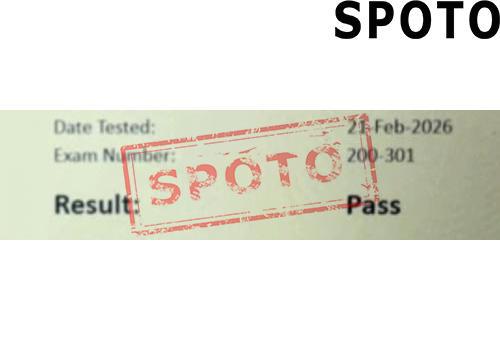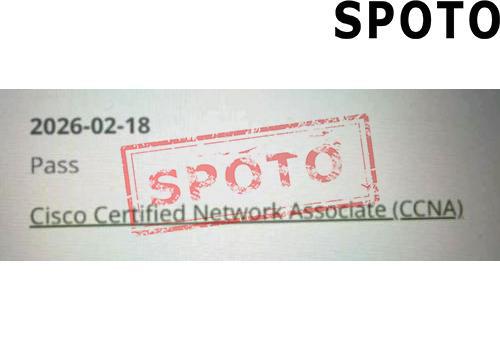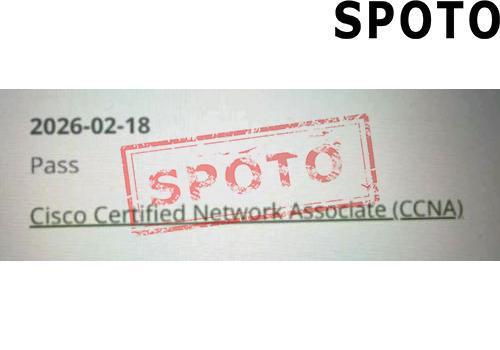
Table of Contents
The Cisco Certified Entry Networking Technician (CCENT) certification is no longer available as part of Cisco's certification program. It served as the program's initial stepping stone before Cisco Certified Network Associate (CCNA) and Cisco Certified Network Professional (CCNP), respectively.
The CCENT credential verifies the foundations of networks. Those who earn it get the abilities required to begin a career in networking by obtaining an entry-level network support position. The installation, operation, and troubleshooting of business data networks and network security got included in these competencies.
The CCENT certificate is no longer available from Cisco as of February 24, 2020. The CCNA credential has got expanded by Cisco to include more basic IT career essentials. The CCENT certification gets is no longer offered by Cisco, as it is still valid for three years after the date of acquisition. To put it another way, a CCENT certificate achieved on February 23, 2020, is valid until February 23, 2026. On a CV, it is still relevant in 2026.
The Retirement of CCENT:
CCENT, introduced as an entry-level certification by Cisco, served as a foundation for individuals seeking a foothold in the world of networking. It covered essential networking topics, including network fundamentals, LAN switching, routing fundamentals, infrastructure services, and more. CCENT provided foundational knowledge and acted as a prerequisite for more advanced Cisco certifications, such as the Cisco Certified Network Associate (CCNA).
However, Cisco announced a significant overhaul of its certification program in mid-2019, with changes taking effect in early 2020. As part of this overhaul, Cisco retired the CCENT certification. The primary motivation behind this decision was to streamline the certification tracks, align them with job roles in the industry, and make the certification journey more accessible and relevant to current networking trends.
Where Do I Go From Here?
The retirement of CCENT doesn't mean that aspiring networking professionals got left without options. Cisco introduced a new certification path that caters to beginners and ensures a smoother transition into more advanced certifications. Here are a few steps you can take:
- Cisco Certified Network Associate (CCNA):
- CompTIA Network+ Certification:
- Specialized Certifications:
- Hands-On Experience:
- Continuous Learning:
With the retirement of CCENT, Cisco revamped its CCNA certification to encompass foundational networking knowledge. The new CCNA covers a broader range of topics, including network fundamentals, network access, IP connectivity, IP services, security fundamentals, and automation and programmability. This certification equips you with the skills needed for modern networking environments, making you a more versatile and competitive candidate in the job market.
If you're looking for a more vendor-neutral certification, the CompTIA Network+ certification is an excellent option. It covers networking concepts, infrastructure, operations, security, and troubleshooting. Regardless of the particular technology or vendor, the certification gets respected by many IT organizations and is a fantastic place to start for anybody interested in networking.
You can think about acquiring specialized qualifications, depending on your professional goals and areas of interest. For instance, if you were interested in cybersecurity, credentials like the Cisco CCNA Security or the CompTIA Security+ may be helpful.
While certifications are valuable for demonstrating your knowledge, hands-on experience is equally crucial in the field of networking. Setting up a home lab, participating in internships, or taking on entry-level networking roles can provide you with practical skills that complement your theoretical knowledge.
The world of technology and networking is dynamic, with new advancements and trends emerging regularly. To stay relevant, commit to continuous learning. Follow industry blogs, attend webinars, and consider pursuing advanced certifications as you gain experience.
The Future of Networking Certifications:
The retirement of CCENT and the restructuring of Cisco's certification program signal a broader shift in the IT certification landscape. Industry trends, such as the increasing importance of cloud computing, cybersecurity, and automation, are shaping the skills required for IT professionals. Certifications are evolving to reflect these trends and provide professionals with the tools they need to excel in modern tech environments.
As you consider your next steps after the retirement of CCENT, remember that certifications are just one part of your professional journey. Practical skills, adaptability, and a willingness to learn are equally vital. Embrace change and approach your career development with an open mind. By doing so, you'll be well-prepared to navigate the ever-changing networking and information technology.
What Does All This Mean for Exam Candidates?
Knowing what Cisco has altered will help you to grasp what those changes mean for you, the test taker. The worst-case scenario is that you failed to meet the deadline on February 23 since you were preparing for the previous tests.
If it pertains to you, the best course of action is to refocus your studies on a new exam that gets analogous. The knowledge you acquired while preparing for the previous tests is probably transferable to the current ones. Despite the obstacle, continuing is preferable to losing steam.
Alternatively, you may be one of the fortunate IT professionals who obtained a 2-for-1 by passing a test that was about to expire before the cutoff date. The time has probably come to receive some experience at this level before moving on to your next certification.
For everyone else, this is an excellent time to reflect on Cisco's accomplishments at this significant juncture. Three significant alterations stand out at a high level:
- At the CCNA level, there is less specialization, greater breadth, and less depth.
- Modernization of the subject matter and vital aspects.
- Inclusion of DevNet.
If you value what Cisco has done, now may be the best time to start working on your next certification. If not, you might want to think about other choices. If you look for a certification similar to CCENT, you can think about CompTIA's Network+.
Your CCENT and CCNA certifications will be valid for a complete three years from the day you earned them, regardless of whether Cisco changes the exam numbers or the paths to credentials. So, CCENTs who acquire their certificate on February 23, 2020, will remain CCENTs until February 23, 2026, and they will be allowed to promote themselves in that capacity to future employers.
